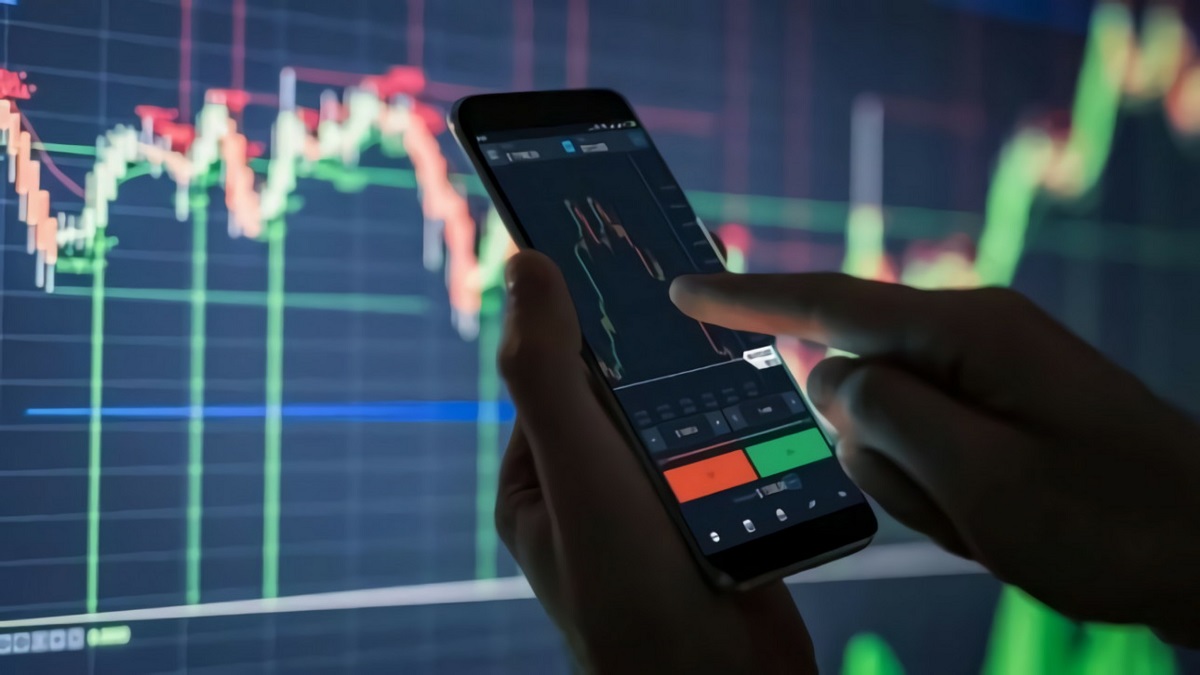
It’s the time of year when temperatures start to hover in the single digits for longer, and millions around the world seek that fuzzy warmth in a hot cup of coffee in the morning and throughout the day.
Investors may find extra comfort in knowing the investment opportunity heightened craving for coffee represents. The drink’s attractive revenue prospects are undeniable. The global coffee market is projected to skyrocket from US$385 billion in 2021 to a whopping US$500 billion by 2028, growing 4.5% annually from 2021 to 2028, per Intellectual market Insights Research.
The coffee market is fuelled by habitual and loyal consumers for whom coffee is an inexorable part of their morning routine as well as the default social lubricant. The following java juggernauts are the biggest beneficiaries of the growing coffee consumption trend, as the most acute period of the coronavirus pandemic subsides.
A leading name in the global coffee market, McDonald's (MCD) operates 40,000 stores across 119 countries. The company clocked US$112 billion worth of sales in 2021. It earns more than 60% of its revenue from franchise royalty fees and lease payments, while the rest comes from company-operated stores across its three core segments: the United States, internationally operated markets, and international developmental/licensed markets.
As a global fast-food giant, McDonald's is taking adequate steps to adjust to an evolving competitive landscape, leveraging its scale to invest heavily in a digital pivot and menu innovation.
Like its peers, the golden arches have experienced some headwinds over the past couple of quarters “as inflation and a weaker consumer have driven sagging near-term prospects,” says a Morningstar equity report, noting that restauranteurs have also been forced to absorb substantial pressure as wages and food costs jumped about 20% since the pandemic.
Nevertheless, this has created opportunities for patient investors as “only rarely do restaurants trade at the 10%-15% discount to our intrinsic valuation,” says Morningstar equity analyst Sean Dunlop, who recently ticked the stock’s fair value higher to US$235 from US$227, prompted by more resilient than expected comparable store sales results.
McDonald’s boasts a wide economic moat built on brand strength, a healthy network of franchisees, and successful international replication.
The company has acquired “pricing power through a substantially differentiated and recognizable brand [and] by developing materially lower operating costs, generally supported by scale-driven pricing advantages,” Dunlop notes.
Starbucks (SBUX) is one of the most widely recognized restaurant brands, operating nearly 34,000 stores across more than 80 countries. The firm operates in three segments: North America, international markets, and channel development.
The coffee chain generated about US$29 billion in sales in 2021 from company-operated stores, royalties, sales of equipment and products to license partners, ready-to-drink beverages, packaged coffee sales, and single-serve products.
“The firm’s attention to premium-quality coffee distinguishes it from chained competitors, allowing Starbucks to charge substantially higher prices while creating a buzz around what has historically been a commoditized product,” says a Morningstar equity report.
In the face of intense competitive pressure, Starbucks' premium positioning has allowed the firm to outpace competitors, leveraging its brand to raise prices by 6.8% annually in the U.S. over the last five years. Further, “commanding unit economics, with payback periods in the ballpark of two years, should pave the way for mid-single-digit unit growth through 2031, as the firm increases penetration in its core company-owned markets (the U.S. and China),” says Dunlop, who recently upped the stock’s fair value to US$104 from US$100, incorporating management's guidance for 10%-12% average annual sales growth and 15%-20% EPS growth through 2025, “which strikes us as plausible.”
The firm also has license partners in more than 80 global markets. Starbucks is one of the few operators in Morningstar coverage that boasts a wide economic moat, which is underpinned by “brand strength, attractive unit-level economics, successful international replication, and strong results in the retail channel,” says Dunlop, adding “Starbucks remains a compelling long-term ‘growth at scale’ story.”
One of the largest restaurant companies in the world, Restaurant Brands International (QSR) clocked over US$35 billion in 2021 sales through more than 28,000 restaurants across 100 countries. The firm generates revenue primarily from retail sales at its company-owned restaurants, royalty fees and lease income, and from its Tim Hortons coffee chain. The Restaurant Brands portfolio includes Burger King (19,250 units), Tim Hortons (5,300 units), and Popeyes Louisiana Kitchen (3,700 units).
“Restaurant Brands International is taking adequate steps to meet the demands of the digital native consumer, with recent investments, including footprint reimaging, a renewed emphasis on loyalty programs, and proprietary e-commerce landing pages representing a few of the efforts likely to shore up the brands' competitive positions,” says a Morningstar equity report.
RBI acquired Canadian coffee chain Tim Hortons in 2014, which boasts compelling economics in its domestic market. However, due to domestic saturation, growth expectations are skewed heavily towards international markets, the report notes.
Tim’s plans to open 2,700 stores in China over the next five years, “leaving us encouraged that RBI will finally unlock some of the brand’s international potential, which we posit was one of the primary drivers of the original acquisition,” says Dunlop, who recently lowered the stock’s fair value to US$65 from US$67, prompted by “expectation for modestly slower growth in 2023 as consumers navigate persistent inflationary pressure and declining real incomes.”
Dunlop says, though, he’s encouraged by investments in a widespread rollout of digital drive-thrus, the "Tim’s Rewards" loyalty program, and US$80 million allocation marketing to push the firm’s revamped coffee, sandwich, and breakfast offerings.






















